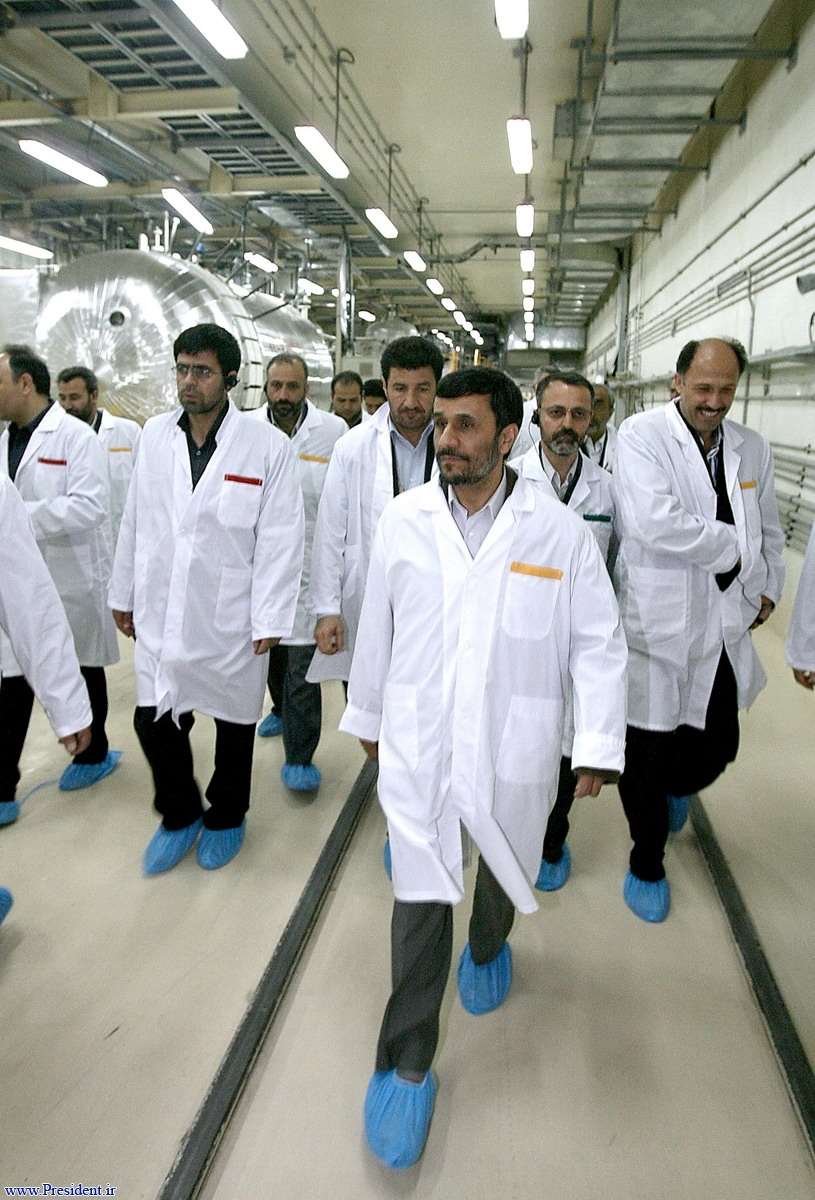As global tensions rise, Iran's recent actions in bolstering its nuclear facilities have drawn significant attention. The nation's efforts to reinforce underground sites come at a time when diplomatic negotiations with the United States and other world powers remain ongoing but fraught with challenges. This development raises critical questions about the future of international peace and the potential for conflict escalation.
The implications of Iran's strategic moves extend beyond regional stability, impacting global security dynamics. With the fortification of its nuclear infrastructure, Iran signals its readiness to face possible confrontations while continuing secret talks that aim to resolve longstanding disputes. As these developments unfold, understanding their significance becomes crucial for assessing the prospects of peace and cooperation on an international scale.
Iran Fortifies Underground Infrastructure: A Strategic Move
In recent months, Iran has been actively reinforcing its deeply buried nuclear facilities, demonstrating a proactive approach towards safeguarding its strategic assets. These measures include enhancing physical defenses and integrating advanced technologies to protect against potential threats. By strengthening its underground infrastructure, Iran aims to deter any aggressive actions from adversaries, particularly amid rising fears of military strikes by Israel or the United States.
This fortification process involves deploying additional defensive systems around key locations, ensuring their resilience against various forms of attack. Such preparations reflect Iran's commitment to maintaining operational capabilities even under adverse conditions, showcasing its determination to preserve national sovereignty and independence in the face of external pressures.
Moreover, these enhancements underscore Iran's long-term vision for its nuclear program, emphasizing both civilian applications and defense preparedness. As negotiations continue with global powers, this strategic investment serves as a reminder of Iran's unwavering stance on preserving its rights to peaceful nuclear technology development.
Global Perspectives on Iran's Nuclear Ambitions
Amid growing concerns over Iran's nuclear advancements, international stakeholders are closely monitoring developments within the country's atomic energy sector. Recent revelations highlight six notable achievements in medical and industrial domains, further complicating discussions surrounding nonproliferation efforts. These accomplishments not only demonstrate Iran's technical prowess but also challenge perceptions about its intentions regarding nuclear armament.
Countries like South Korea stress the importance of robust nonproliferation cooperation, especially given increasing competition among nations such as China and Russia in exporting nuclear technologies. Meanwhile, experts engaged in current Iran nuclear talks emphasize learning valuable lessons from past experiences to craft effective solutions addressing mutual interests and security concerns.
As dialogue progresses between Iran and Western counterparts, achieving consensus remains challenging due to divergent priorities and political landscapes influencing decision-making processes. Despite setbacks, there is hope that constructive engagement may lead to breakthroughs fostering greater trust and collaboration among parties involved.
Heightened Security Measures Across Iranian Facilities
In response to escalating fears of attacks targeting its nuclear installations, Iran has placed all relevant sites on high alert. Enhanced surveillance and deployment of supplementary defense mechanisms aim to thwart potential aggressions while maintaining operational continuity. This heightened state of readiness highlights the precarious balance between diplomacy and defense posture currently characterizing Iran's approach.
Recent reports indicate that Iran has dismantled 28 cameras belonging to international monitoring agencies stationed at select facilities. While officials justify this action based on privacy grounds, critics view it skeptically, questioning transparency levels during sensitive negotiation phases. Such moves complicate verification procedures essential for building confidence among negotiating partners.
Furthermore, public declarations affirming Iran's capacity to produce nuclear weapons add another layer of complexity to ongoing dialogues. These statements serve dual purposes – asserting national pride while simultaneously challenging prevailing narratives about Tehran's willingness to compromise on core issues related to its atomic program.

